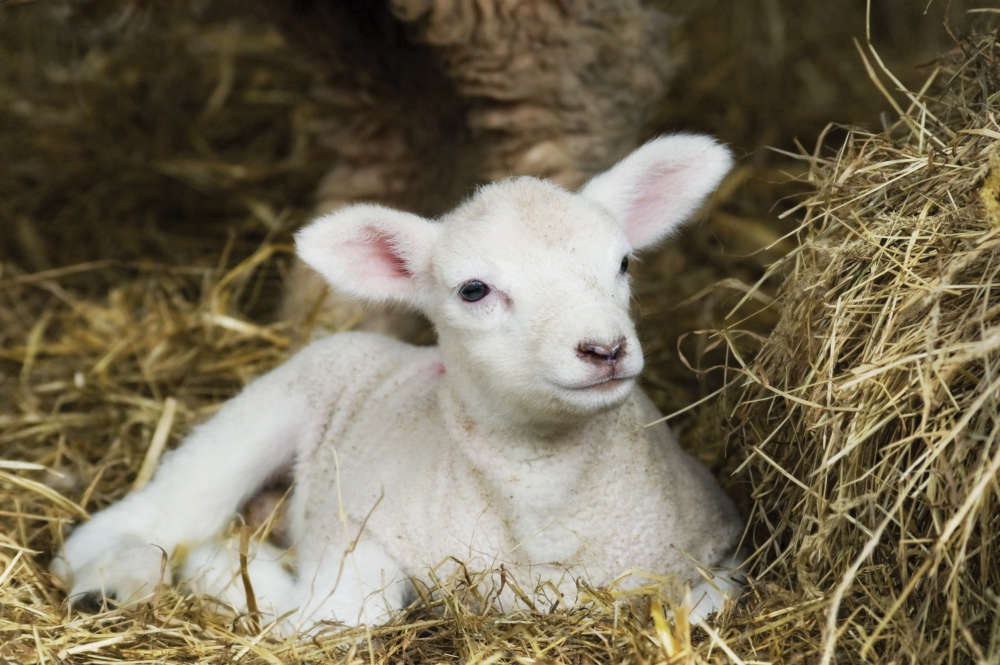
Tap into the super cute side of spring with a visit to some frisking newborn lambs, suggests Sara Whatley
With a glimmer of spring sunshine and banks of nodding golden daffodils, March and April sees the peak of the British lambing season.
Many farms around Sussex and beyond at this time of year open their gates and welcome the public in to see their lambs. If you are lucky you many even see a lamb being born. Newborns and their mothers are usually kept in barns for 24-48 hours post-lambing, after which they are turned out into the fields.
Some farms also have cows calving at this time of year. You may be lucky enough to witness the calf’s first attempts to stand up, its bandy legs wobbling while the watchful mother encourages it with gentle moos and licks. It is a mere 20 minutes after the calf has been born that he or she will first try to stand, and within the hour it should have found its feet.
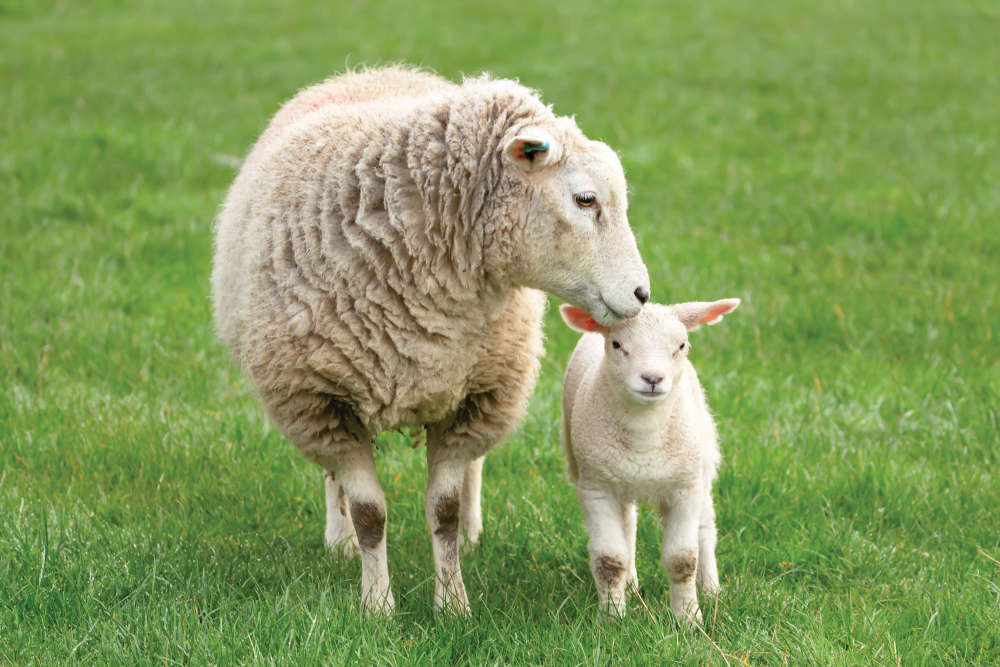
Nothing is sweeter than seeing a little mob of fresh gangly-legged lambs frisking and frolicking through the fields. They look so pure and innocent, yet when you watch them for a while you see their mischievous side appear – charging and head butting each other, climbing and leaping as though the fields are made of cotton wool.
Stand and listen to a field of fresh lambs and you will hear the bleat of a mother calling back her roaming youngling, who in turn will baa back – bleat baa, bleat baa – closer and closer until they are reunited with an enthusiastic header to mum’s udder then a quick feed before it’s off to play again. What a blissful little life for a lamb.
Make the most of this idyllic moment in time and visit a farm yourselves. Pack a picnic, take a tea flask or if the farm has a café treat yourself to a little something after petting the animals. This is a perfect spring day out with the children.
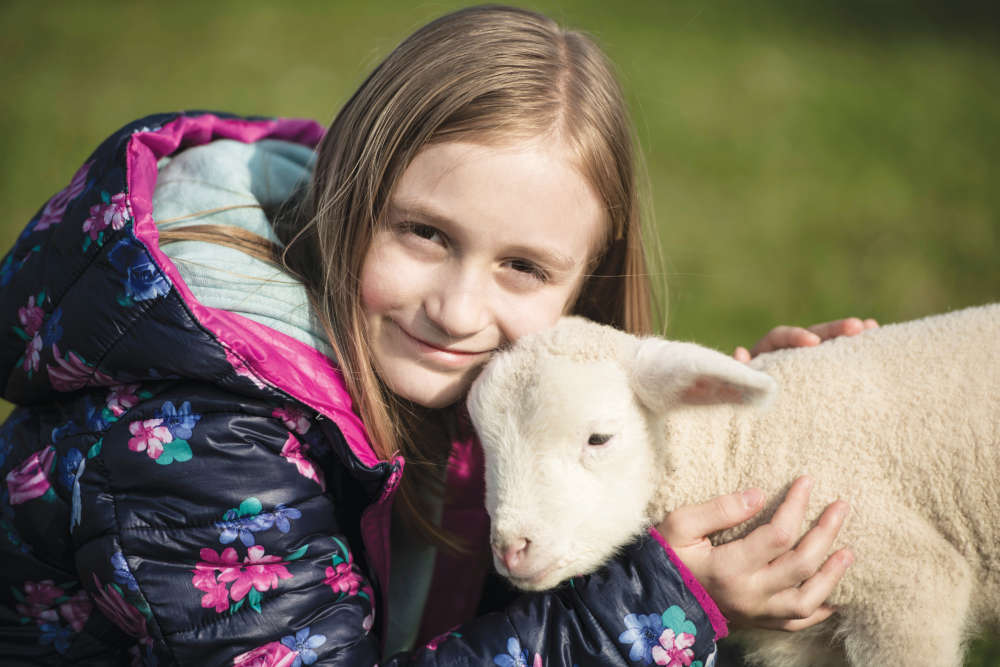
HAHA!
Where do sheep go to get their hair cut?
To the baa baa shop
DID YOU KNOW?
The month of March was named after Mars, the Roman god of war. This was because March was the beginning of the Roman calendar, a time when it was warm enough to go out and fight again.

 It's a Dog's Life: Teddy & the Dragon
It's a Dog's Life: Teddy & the Dragon
 Paws for a Cause
Paws for a Cause
 It's a Dog's Life: Access Denied
It's a Dog's Life: Access Denied
 It's a Dog's Life: February is not just for Pancakes
It's a Dog's Life: February is not just for Pancakes
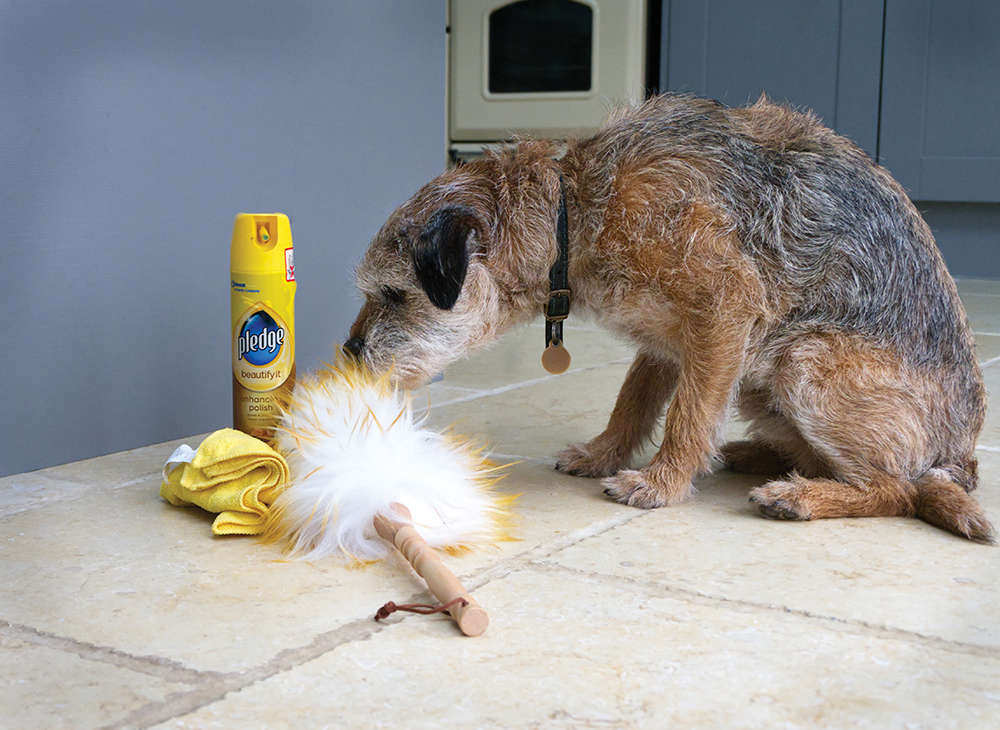 It's a Dog's Life: Cleaning Up
It's a Dog's Life: Cleaning Up
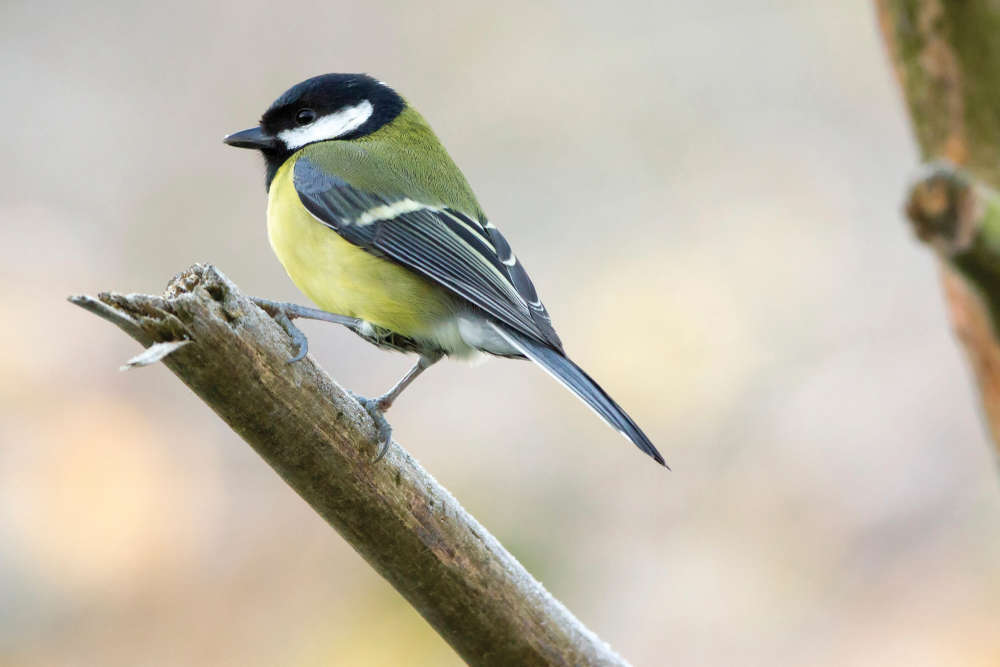 Top 10 Garden Birds to spot in Sussex
Top 10 Garden Birds to spot in Sussex
 Top Tips: Keep Your Pets Safe this Bonfire Night
Top Tips: Keep Your Pets Safe this Bonfire Night
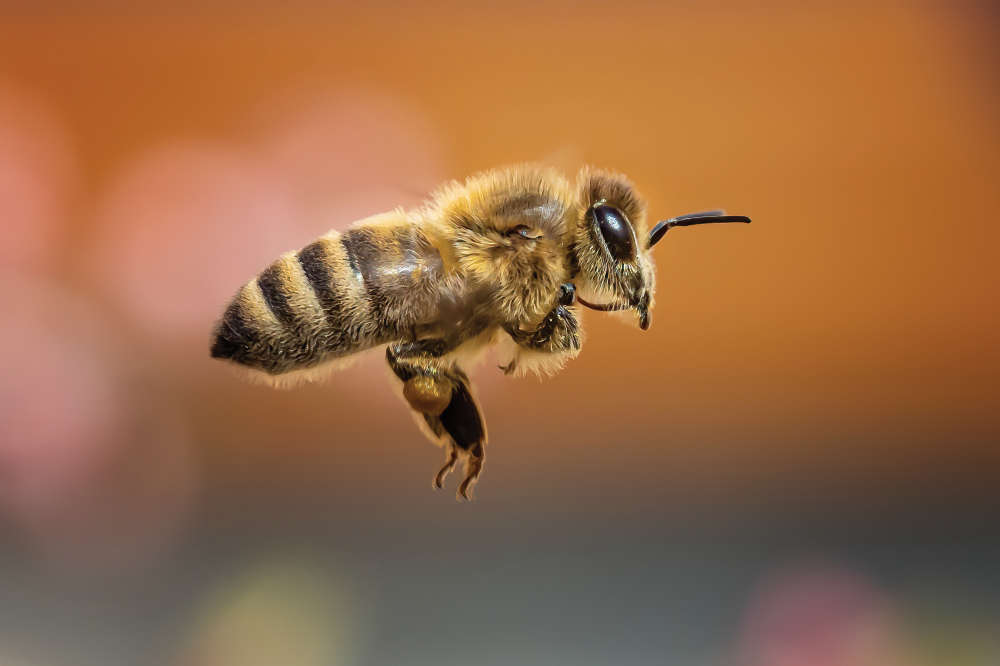 Advertising Feature: Plan Bee
Advertising Feature: Plan Bee
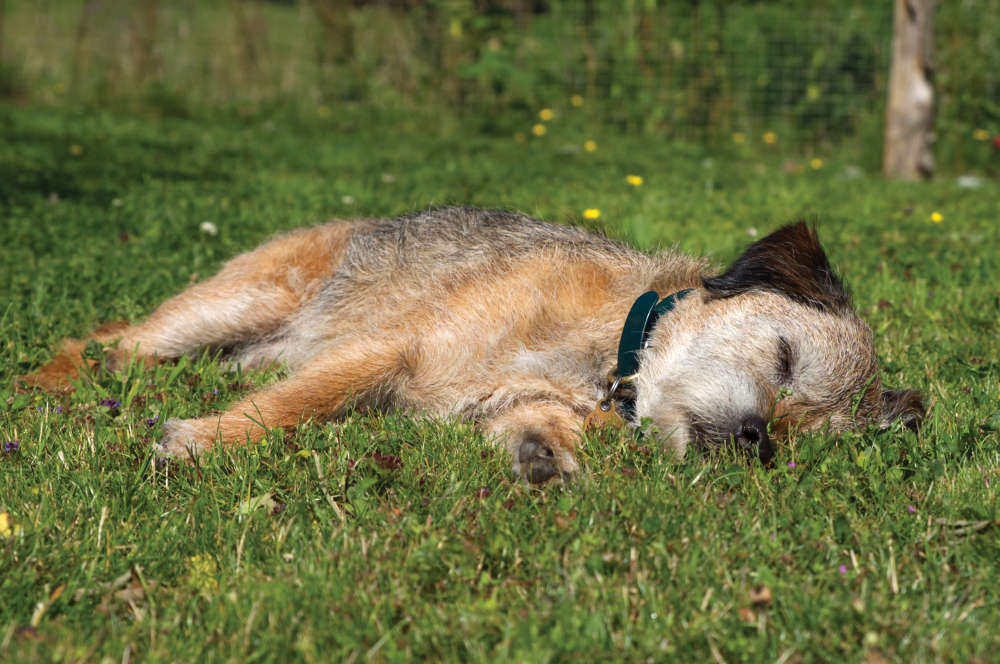 It’s a Dog’s Life - The Quiet Life
It’s a Dog’s Life - The Quiet Life
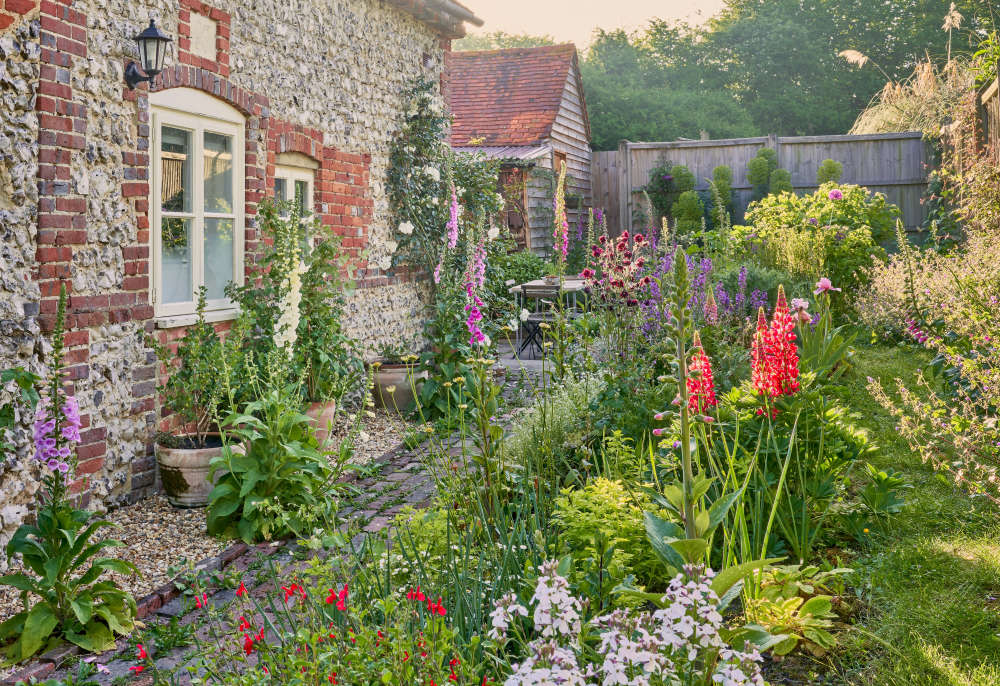 What should you be looking out for in your Sussex Garden this Summer?
What should you be looking out for in your Sussex Garden this Summer?
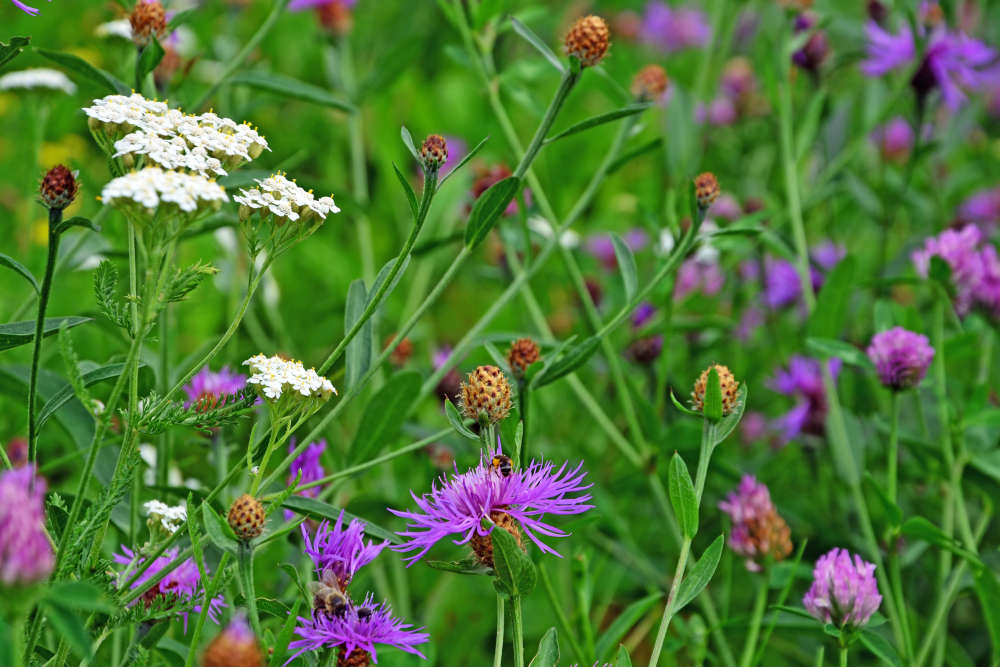 A Summer of Wildlife at RSPB Pulborough Brooks
A Summer of Wildlife at RSPB Pulborough Brooks
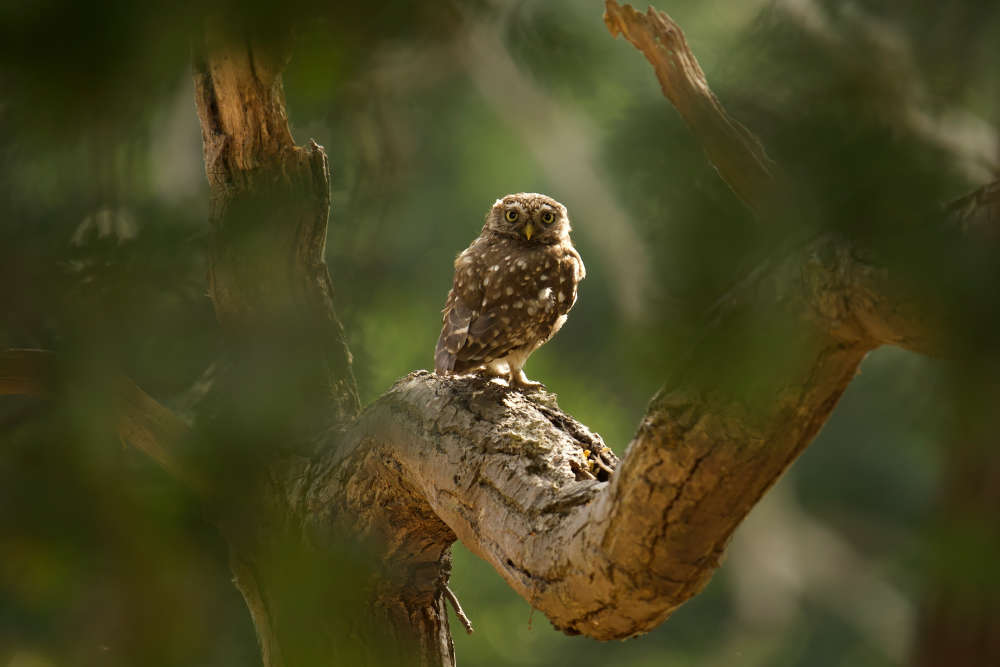 RSPCA Young Photographer Awards opens for entries
RSPCA Young Photographer Awards opens for entries
 10 ways to keep your dogs cool in the heat
10 ways to keep your dogs cool in the heat
 It's A Dog's Life: March Column
It's A Dog's Life: March Column
 PET OF THE MONTH: Ruby needs a forever home
PET OF THE MONTH: Ruby needs a forever home
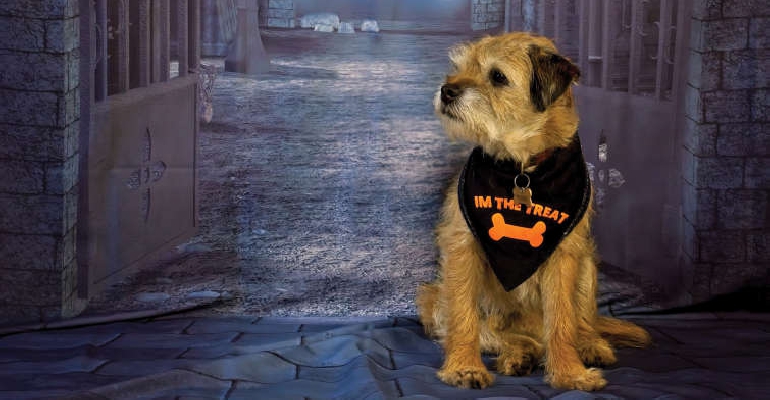 It's a Dog's Life: Other Cultures...
It's a Dog's Life: Other Cultures...
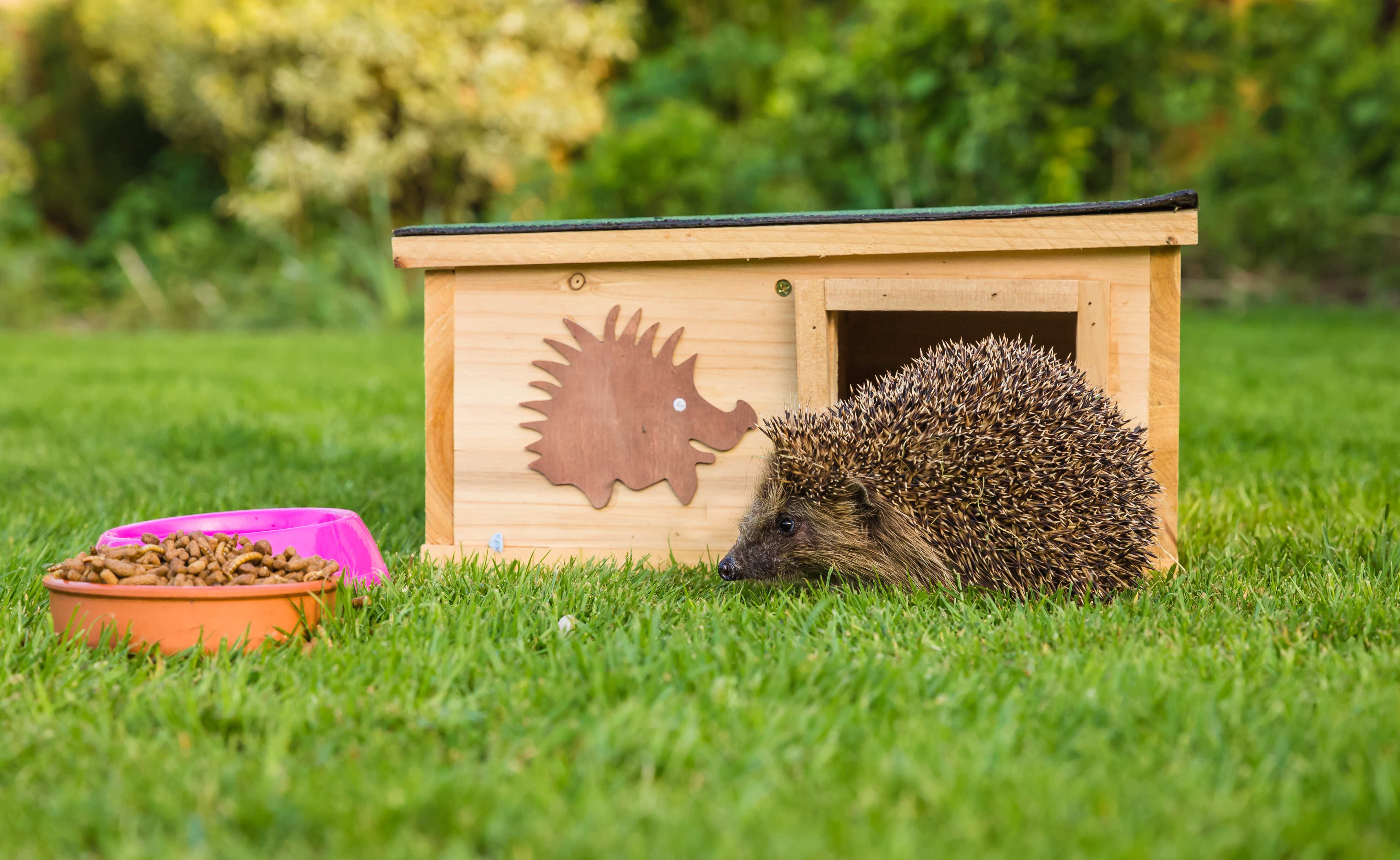 Ten Ways to Help Hedgehogs
Ten Ways to Help Hedgehogs